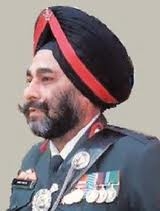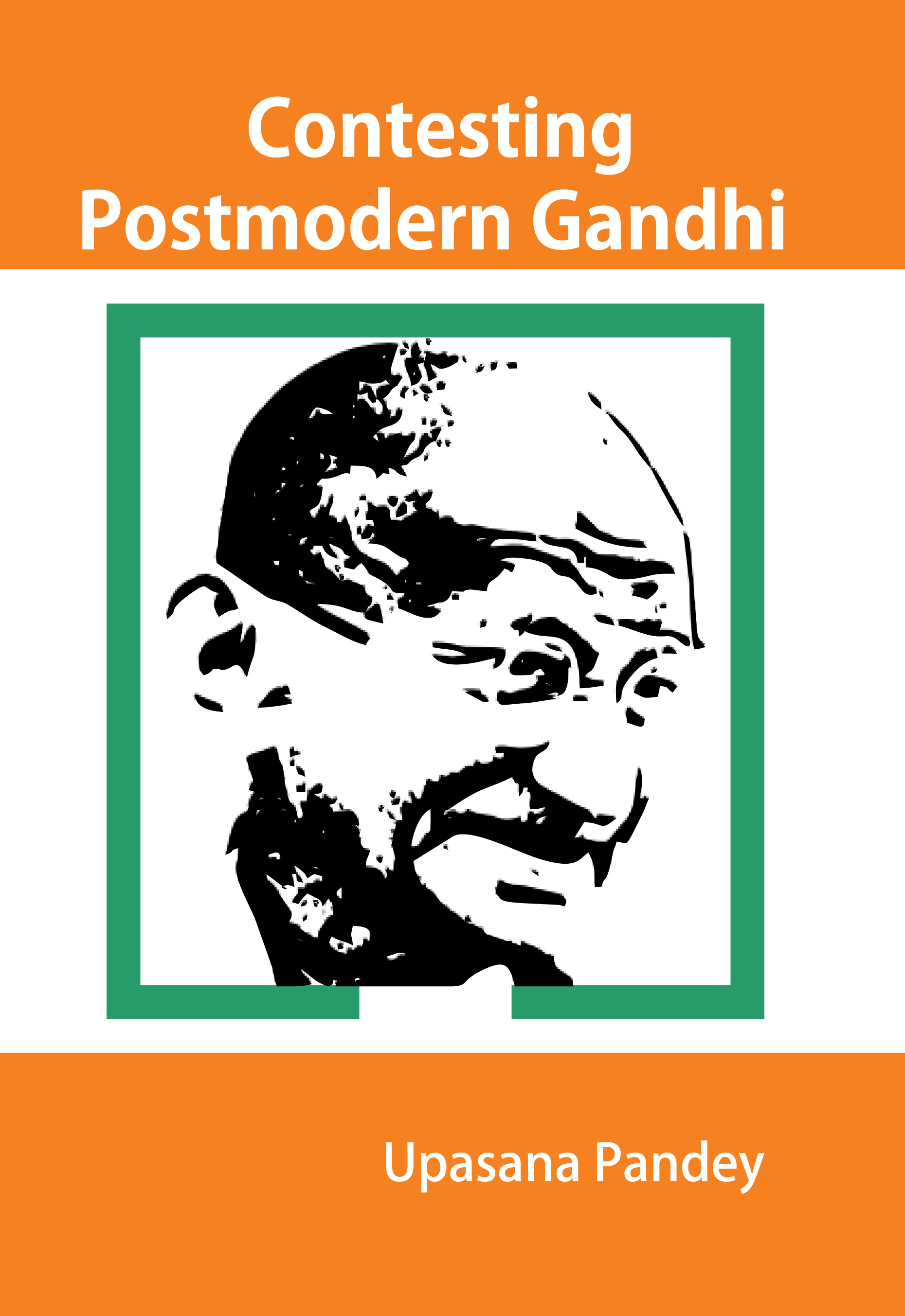Contesting Postmodern Gandhi
| Author | : | Upasana Pandey |
| Year of Publication | : | 2014 |
| Publisher | : | YS BOOKS INTERNATIONAL |
| ISBN - 13 | : | 9788192745664 |
| Edition | : | First |
| Language | : | English |
| Binding | : | Hardcover |
| No of Pages | : | 251 Pages |
| Subject | : | New Releases, Political Science |
About the Book :
The revival of interest in Gandhi’s studies in recent years is phenomenon. This revival centers on Gandhi’s life and his thoughts which is not only unique in the history but also useful for the generations to come. This book takes a critical stand on the contemporary debate which wants to see Gandhi as postmodern. To contest those for whom Gandhi is a postmodern thinker has been main problem of the work. To resolve the problem has not been very easy task because while pursuing the research involved, it has been realized in so many places that there are postmodern resemblances in Gandhi’s philosophy. Hence, it has been a very problematic journey. But various hypothesis of the research problem became useful yardsticks in resolving those apprehensions.
This work is divided into seven different chapters excluding introduction and conclusion. In the first chapter Contesting Postmodern Gandhi an illustrative attempt has been made to make readers familiar with the problem as well as objective of the work. In the second chapter Gandhi and Modern Civilization an elaborate discussion has been given to clarify that Gandhi’s critique of modern civilization is different from postmodern critique of modernity. The third chapter Some Reflections on Postmodern Methodology is written to clarify methodological stand taken by both Gandhi as well as postmodernists. In fourth chapter Contesting Postmodern Notion of Truth through Gandhi’s Satya a painstaking effort has been made to present the core of Gandhi's philosophy (Truth) at length. Surprisingly, both Gandhi as well as postmodern studies is sharing their notion on truth but Gandhi’s truth and postmodern truth are completely different from each other. Chapter fifth Contesting Postmodern Localism through Gandhi’s Swaraj & Swadeshi emphasizes that Gandhi’s ideas of Swaraj & Swadeshi are dissimilar to postmodernist discourse of localism. Chapter sixth is entitled as Gandhi vs. Postmodernity on the Question of Identity. This chapter shows that Gandhi’s individual and postmodern subject are poles apart from each other. In seventh chapter Gandhi and Different Facets of Feminism a serious discussion has been made to present that apparently Gandhi's idea on women may seem to be identical with different facets of feminism but ultimate objective of Gandhi’s studies are completely different from feminist goal. In the concluding observation a final effort has been made with the help of detailed studies which are scattered here and there in this volume to reject the claim that Gandhi is a postmodern thinker. I have strongly raised my disagreement with the postmodern Gandhi. I
have made the stand that neither of Gandhi’s philosophy can be categorized as postmodern. Either it is truth/non-violence, Swaraj-Swadeshi, or his idea of self or modern civilization; they all are developed from different perspective. It is blunder to say that Gandhi was a postmodern. This work strongly discards those who have claimed that Gandhi is a postmodern thinker.
About Author :
Dr. Upasana Pandey is an Assistant Professor in Political Science at Vasanta College for Women (Banaras Hindu University) Rajghat, Varanasi. She specializes in Gandhi Studies, Political Thought and Political Theory. She is awarded Ph.D. degree by Political Science Department, Banaras Hindu University in the year of 2005. She has already authored several books and has contributed research articles for many reputed national and international journals. She has also participated in many national and international seminars and conferences. She started her carrier as a Project Fellow at the Center for Women Studies and Development, Banaras Hindu University, Varanasi and joined Indraprasta College for Women, University of Delhi, Delhi as a lecturer in Political Science in 2005.







